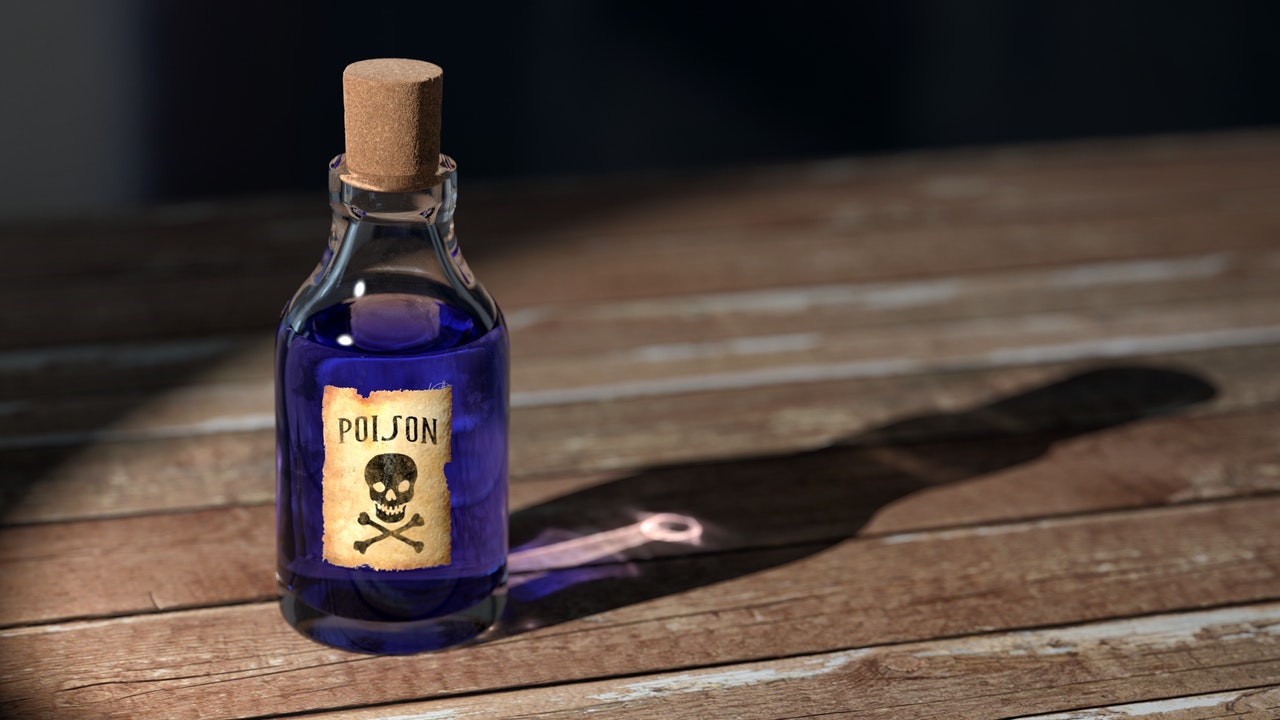Originally published in The Guardian
In America there are plenty of scare stories about the “obesity epidemic”, which is caused by too many Yanks eating too much junk food, and does bad things to public-health statistics. Clearly this obesity problem needs solving, and here’s how: poison the nation’s sugar and fat supply so anyone who eats too much will immediately drop dead, and serve as a warning to children and other impressionables.
Why not? Last week, science writer Deborah Blum reported the US government pulled a similar stunt during prohibition, only with alcohol rather than sweets. Since bootleggers often stole industrial-grade alcohol to resell in drinkable form, the feds figured they’d dissuade potential customers by ordering industrial alcohol manufacturers to spike their wares with poison. Over Christmas 1926 the toxic hooch killed 31 partygoers in New York City alone; estimates for the poison programme’s total death toll go as high as 10,000.
Killing people to enforce a law ostensibly for their own good: it’s like the punitive zeal that applies to America’s “war on drugs”. Harm-reduction measures are always shot down by the drug warriors, who fear such initiatives as needle-exchange programmes, pharmaceutical heroin, and testing in nightclubs to ensure drugs aren’t contaminated “send the wrong message” – but they must know that without them, bad consequences of drug use are more likely. Where drug warriors are concerned, reducing the rate of contagion of diseases such as Aids or hepatitis isn’t nearly as important as sending the message: “Drugs are bad, OK?”
Even if you favour the argument that “drug users are lawbreakers by definition, and who cares what happens to criminals?” it still raises the question: why do crimes of intoxication inspire such governmental extremes? The feds don’t booby-trap houses to kill burglars. Murder and rape are serious crimes, but convictions won’t disqualify you for college financial aid, whereas a drug conviction just might. Non-violent drug offences can carry criminal penalties higher than those for theft, assault and even murder: the “Preppie Killer” Robert Chambers got 15 years in prison for strangling a young woman to death in 1986. He faced a much stiffer sentence for selling cocaine: he plea-bargained for 19 years rather than risk being sentenced to life.
What rationale makes authorities believe selling illicit powder warrants a higher penalty than strangling the life out of a person? Is it simply that people who take drugs are seen as misfits? As Aldous Huxley wrote in Brave New World:
“No offence is as heinous as unorthodoxy of behaviour. Murder kills only the individual – and after all, what is an individual? We can make a new one with the greatest ease – as many as we like. Unorthodoxy threatens more than the life of a mere individual; it strikes at Society itself.”
It requires no propaganda, let alone dangerous traps, to convince people that murder, assault or theft should be crimes; those tricks justify crimes not against individuals or even property, but the nebulous victim named “society.”
In the 1920s, when prohibition ruled the day, we had over 100 million individuals living in America. Today there are over 300 million, with more arriving each day. So what is an individual? We can get as many new ones as we like. But unorthodoxy threatens more than the life of a mere individual; it strikes at society itself.

